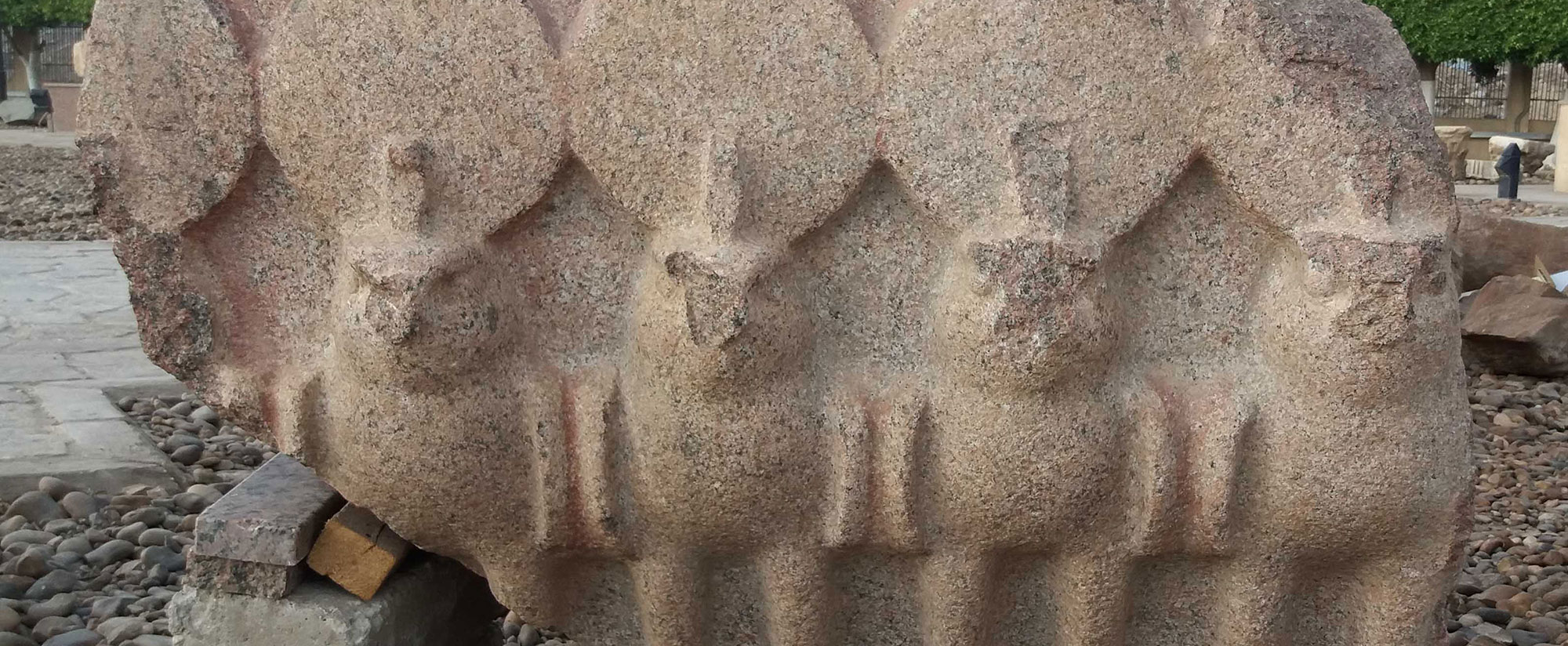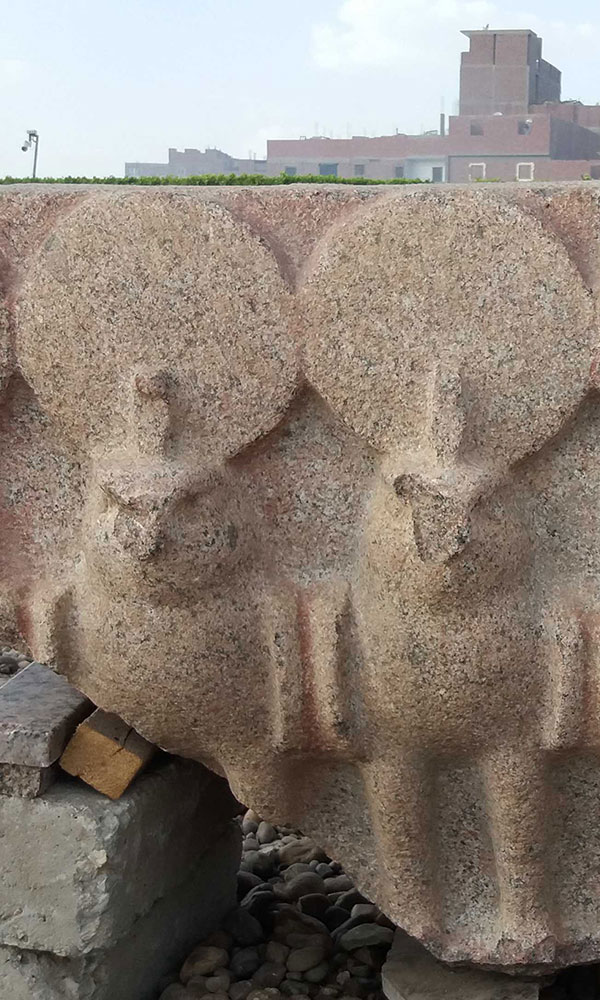PORT ANGELES, WASHINGTON—Evidence for as many as five tsunamis has been detected at an ancient Klallam village site on the north coast of Washington State’s Olympic Peninsula, according to a Jefferson Public Radio report. Klallam oral history tells of a wise man who warned the people to prepare for flooding when they noticed their fresh water turning salty, as could happen with the displacement of a large amount of water. Archaeologist Sarah Sterling of Portland State University participated in the excavation of the village site of Tse-whit-zen in 2004. She said she found thin, clear layers of marine sand on top of wrecked houses and hearths, with a new village built over them. Her team of researchers also discovered signs of scouring and backwash deposits, she said. “What we have I think are cultural rubble draped across beach features,” Sterling said. “So it’s been entrained by the wave, washed back and forth, and left in these S-shaped swash deposits. I think those are from the tsunami as well.” Tsunami models indicate the waves were up to 20 feet tall. Gaps in radiocarbon dates for the site, which was occupied over a period of some 2,700 years, correlate with known major earthquakes, Sterling noted. To read about evidence of very early occupants of what is now Washington State, go to “Manis Mastodon Kill Site.”
Evidence of Tsunamis Found at Ancient Klallam Village
News May 13, 2019
Recommended Articles
Off the Grid September/October 2022
Ozette, Washington
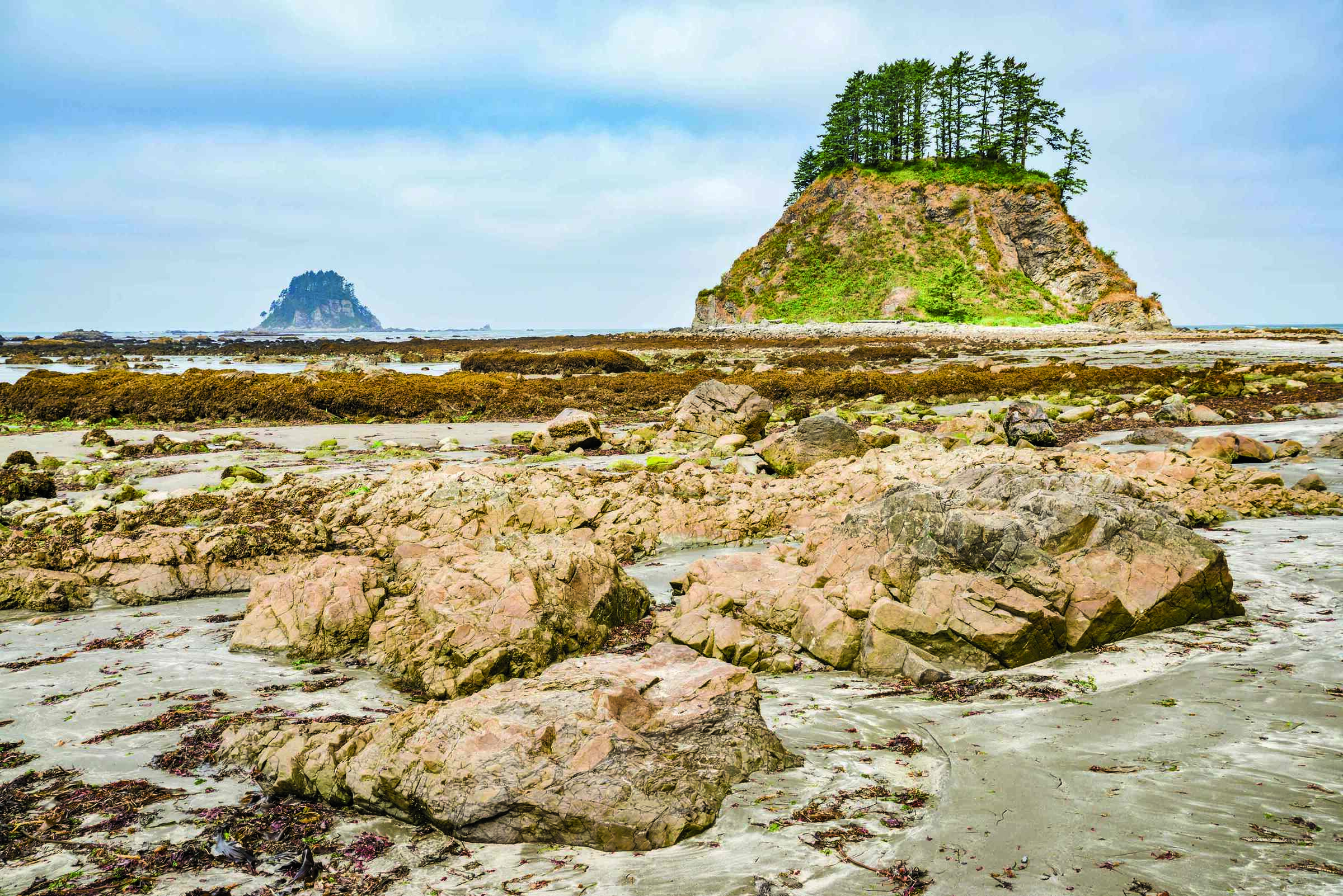
Digs & Discoveries November/December 2020
A Tale of Two Pipes
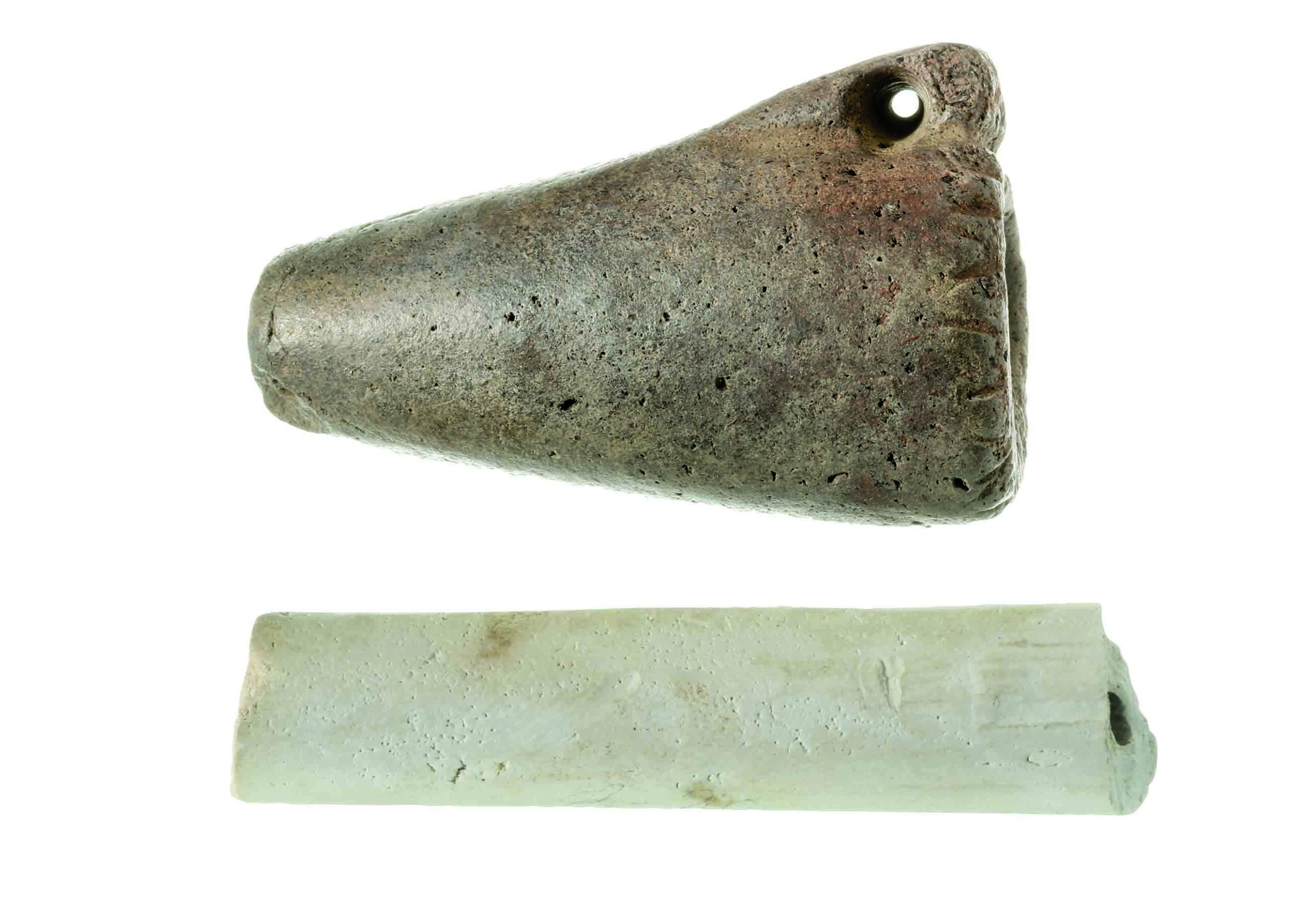
Off the Grid January/February 2026
Prophetstown, Indiana
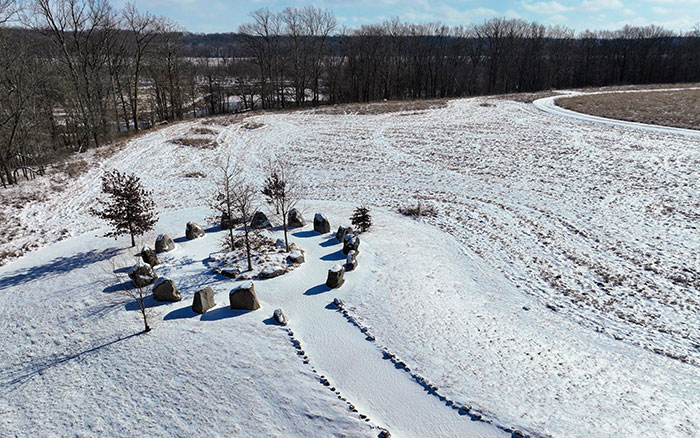
Letter from France January/February 2026
Neolithic Cultural Revolution
How farmers came together to build Europe’s most grandiose funerary monuments some 7,000 years ago
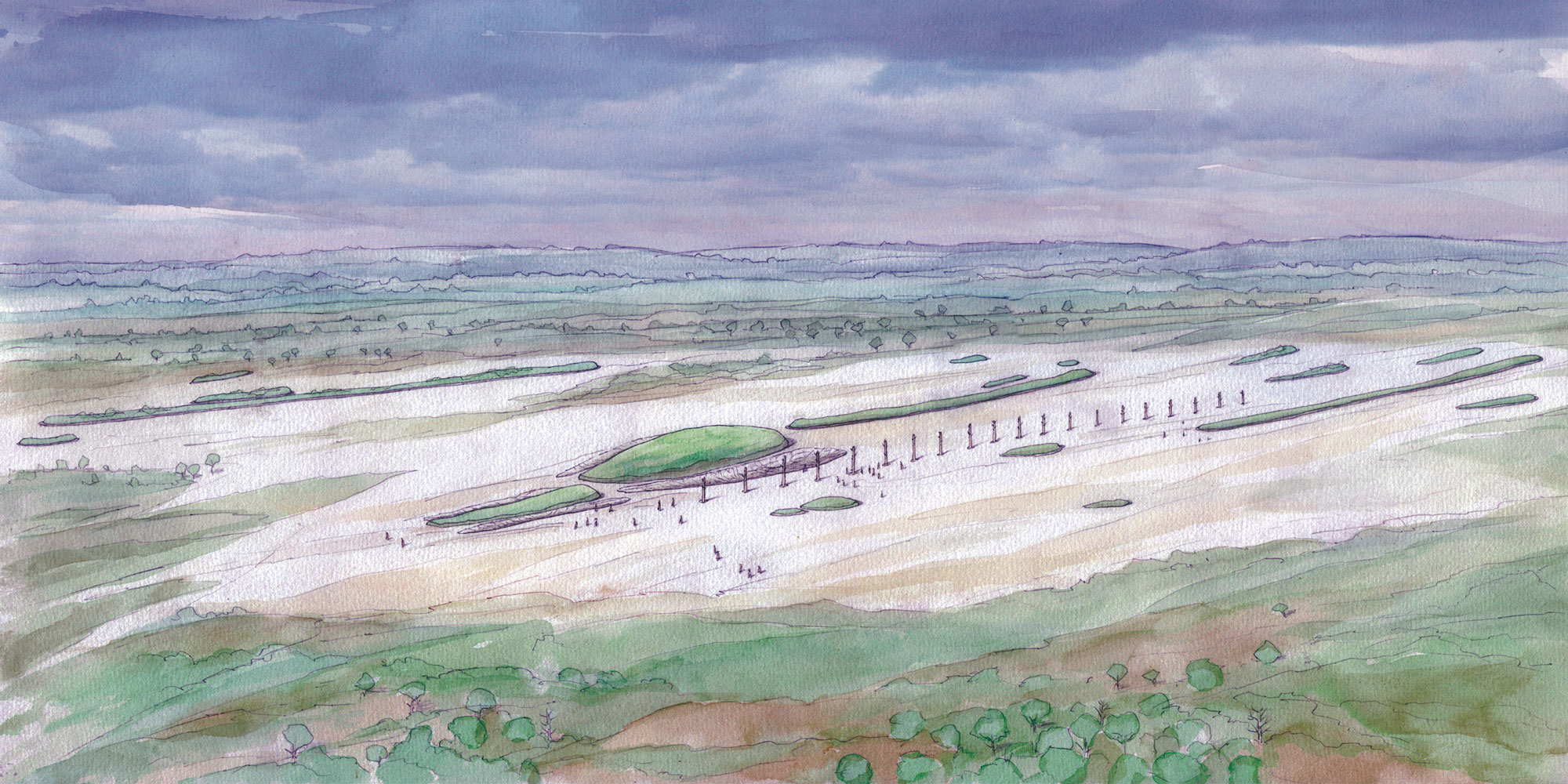
-
Features March/April 2019
Sicily's Lost Theater
Archaeologists resume the search for the home of drama in a majestic Greek sanctuary
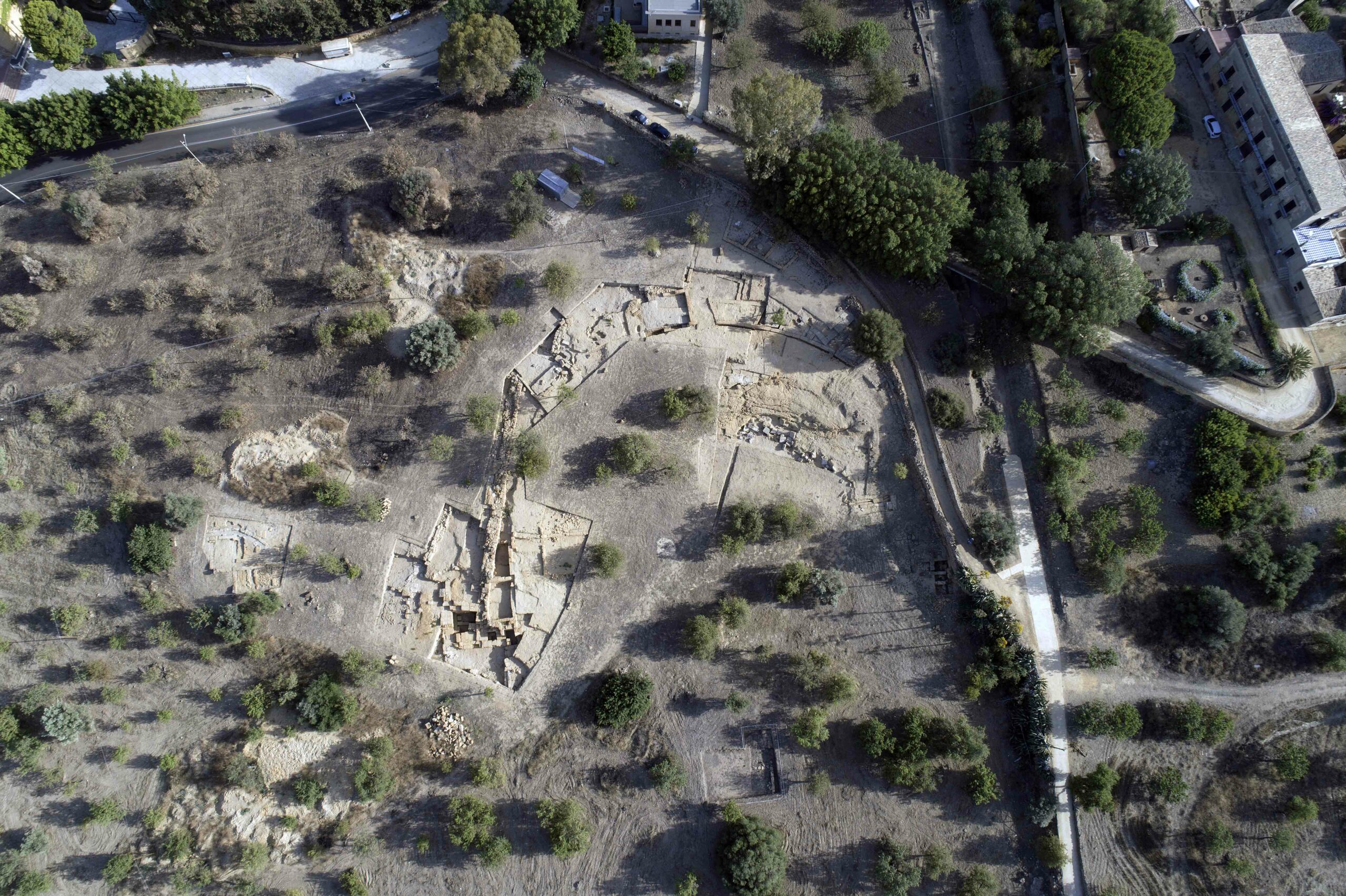 (Giuseppe Cavaleri)
(Giuseppe Cavaleri) -
Letter From Texas March/April 2019
On the Range
Excavations at a ranch in the southern High Plains show how generations of people adapted to an iconic Western landscape
 (Eric A. Powell)
(Eric A. Powell) -
Artifacts March/April 2019
Medieval Seal Stamp
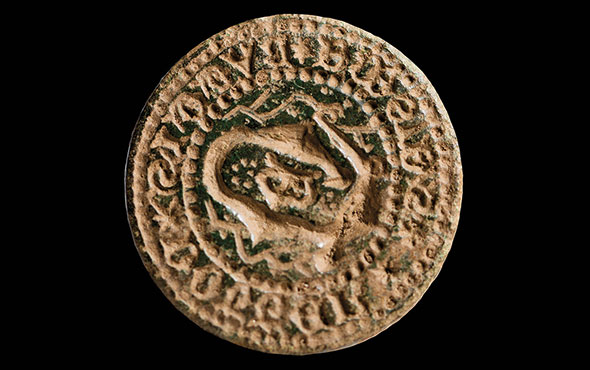 (Rikke Caroline Olsen/The National Museum of Denmark)
(Rikke Caroline Olsen/The National Museum of Denmark) -
Digs & Discoveries March/April 2019
Fairfield's Rebirth in 3-D
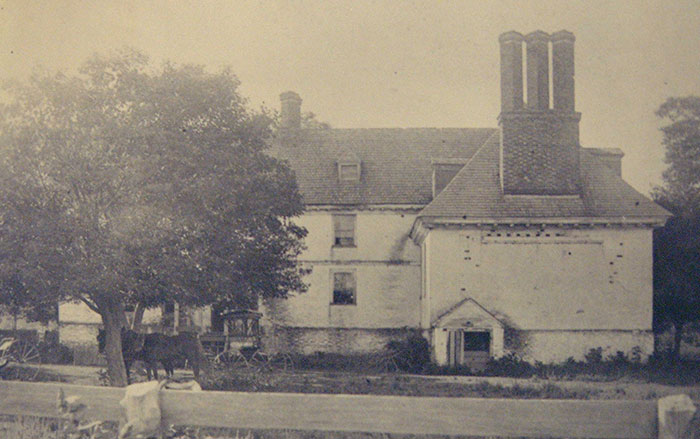 (Virginia Department of Historic Resources)
(Virginia Department of Historic Resources)


